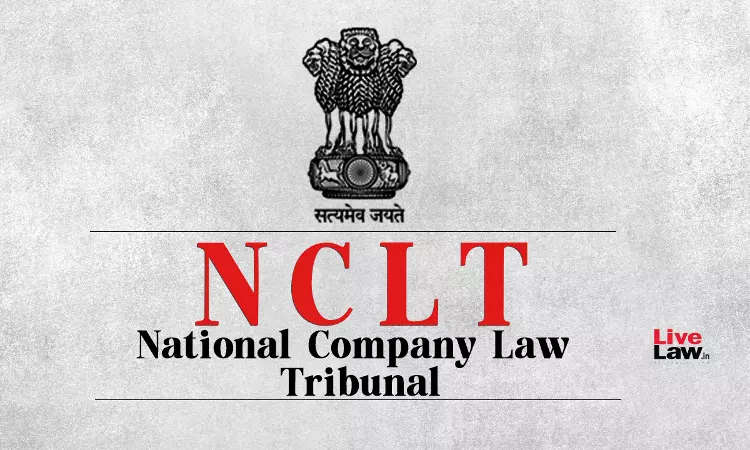NCLT Delhi: Amalgamation Of “Sole Proprietorship Firm” With “Company” Is Not Permissible Under Law.
Pragya Kriti
19 Dec 2023 10:00 AM IST

Next Story
19 Dec 2023 10:00 AM IST
The National Company Law Tribunal (“NCLT”), Delhi Bench, comprising of Shri Ashok Kumar Bhardwaj (Judicial Member) and Shri L.N. Gupta (Technical Member) has dismissed an application. The Bench has held that amalgamation of “a Sole Proprietorship Firm” with “a Company” is not permissible under the law. Background Facts M/s. Kajaria Bathware Private...
